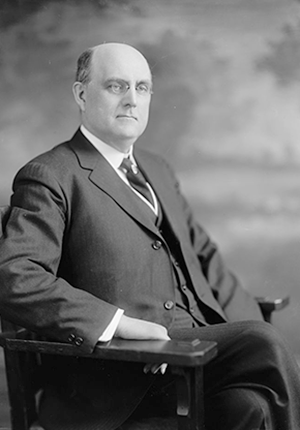Summary
During the Vietnam War, Daniel Andrew Seeger, a pacifist, refused to sign up for the military draft. Under federal law, individuals could claim exemption from military service based on their religious beliefs. The government denied Seeger’s request because he was agnostic. In response, Seeger argued that requiring a belief in God for exemption status was unconstitutional. In a unanimous decision, the Supreme Court upheld the federal law defining the scope of the rights of conscientious objectors. However, the Court also read those rights broadly—affirming that exemptions from military service could be granted to individuals like Seeger even if their beliefs did not involve “a Supreme Being."






